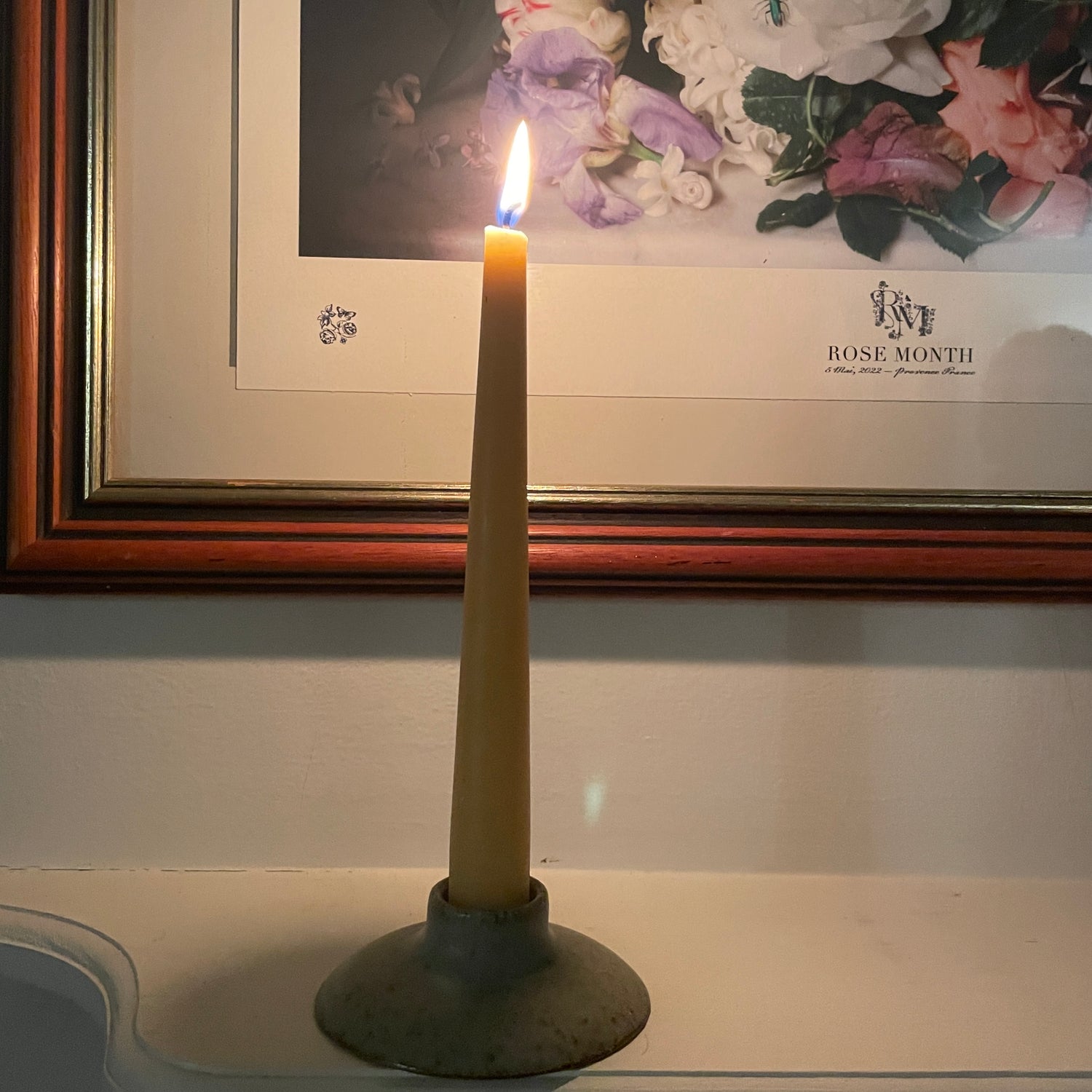How does minimalism benefit your life?
In a world of unbridled consumerism, many of us are drowning in, well…a lot of stuff…and we often do not even know it. We unconsciously carry the weight of excessive, encompassing both the sheer quantity of physical possessions and the mental health burden it imposes on a daily basis. Make no mistake, there is heavy weight to holding so much stuff.
So, let's talk about the concept of minimalism – it's a bit of a mixed bag, right? A sort of self-righteous aesthetic, almost like a riches-to-rags kind of tale, with a touch of enlightenment thrown in. However, here's the thing: while minimalism does not necessarily make us better people, it can significantly creates a simpler life, reduces stress, and boosts time, freedom, and satisfaction. Creating life-changing benefits, with fewer things. Evidence shows that those who go all-in on materialistic goals accumulate more stuff, incur more debt, have lower-quality interpersonal relationships, cause more environmental harm, and report lower mental and physical wellbeing. The research is unwavering in these facts. Here are seven scientifically-backed perks that might convince you to get back to basics and improve your wellbeing:
1. Does owning Fewer belongings Boost Wellbeing?
Twenty-three empirical studies found a consistent positive correlation between minimalism and wellbeing. The research highlights that ‘voluntary simplifiers' exhibited more positive emotion and wellbeing than non-simplifiers. A small study of self-identified minimalists also found that voluntary simplicity is related to autonomy, competence, mental space, awareness, and positive emotions. A simple way of life with less clutter Is a good place to start.
Research participants noted that voluntary simplicity gave them a sense of control and made maintaining order in their lives easier.
Generally, the research here highlights a kind of ‘hedonic adaptation’, i.e., we are programmed to return to a relatively stable baseline level of happiness after positive (or negative) events. For example, the joyful giddiness we experience from buying or having stuff is always short-lived. According to a study in Psychological Science, excess possessions diminish our capacity to derive joy from simple pleasures like kissing, chocolate and sunsets. The awareness of possessing material things acts as a distraction, hindering our ability to fully appreciate the basic pleasures of life, a simple life.
2. Does Fewer Possessions Improve Relationships?
In 2021, a study published in Frontiers in Psychology by Chinese researchers found that individuals who were less materialistic and focused on prioritising experiences rather than material possessions exhibited enhanced social interactions and stronger social connections.
3. Does a minimalist approach Help Us Sleep Better?
Bedrooms are notorious for being one of the most cluttered and disorganised rooms in people’s homes, and this clutter has been linked to sleep issues, including prolonged sleep onset and disturbed sleep. Research reveals that the more bedroom clutter someone has, the more likely they are to have sleep disruptions. The simple recommendation is that decluttering your bedroom each week can improve sleep quality and quantity, one of the many benefits of minimalism.
4. Fewer Possessions Boosts Productivity
Our brains like order, and constant visual reminders of disorganisation can drain our cognitive functions and focusing capacity. Research found that the more physical objects in our visual field, the harder our brain has toworks to filter them out. This can increase tiredness and reduce productivity. A study by Princeton University Neuroscience Institute found that research participants were more productive, less irritable, less stress and distracted in the clutter-free environment. In cluttered work environment participants stress (cortisol) levels significantly increased. Clutter overloads our visual cortex, competing for our attention in our brain and interfering with our ability to focus and process information. By decluttering and simplifying your environment can improve productivity and focus.
5. Fewer Possessions Can Improve Memory
Furthermore, increased physical objects in our visual field overloads and reduces our working memory. The mental clutter is an issue along side the physical clutter.
6. Does a more minimalist lifestyle Help You Save a lot of Money?
Research released in 2023 studied the impact of minimalist practices on consumer happiness and financial wellbeing and discovered that "adopting a minimalist lifestyle saves substantial money”. According to the research, this happens for three reasons: i) reducing purchases in your daily life saves money on items that add little to no value to life; ii) adopting a prudent and conscious stance when controlling consumption; and iii) balancing spending to budget limitations avoids credit card debt burdens.
7. Does Fewer Possessions Improve Our Physical Health?
Evidence suggests that simplifying your surroundings may be the best thing to do if you want to clean up your diet. In one study, participants in a tidy room chose healthier foods than those in cluttered spaces. Participantswere more than twice as likely to choose apples over chocolate bars. Further, in a 2016 study titled Clutter, Chaos, and Overconsumption, researchers studied the impact of a cluttered environment on habits—in this case, overeating. Participants in chaotic kitchen conditions consumed more calories than those in an ordered and simplified kitchen.
And there you have it – some robust research highlighting the positive impact minimalism can have, leading to increased finances, additional time, heightened focus, reduced stress, simplified maintenance, minimised storage requirements, less cleaning and an overall life enriched with greater joy, meaning, and significance. What's not to love about that?
The question is, then, how many pairs of undies do you really need? How many pots? Slippers? Spices? Do we really need a new coffee table? Maybe fewer toys? What currently clutters your home that you physically, not to mention emotionally and psychologically, hold? What can you strip back and pair back? But remember, this back-to-basics movement is not about owning less than you need but about owning precisely what you need. Creating a more intentional life, a more meaningful life? No wonder it is a growing movement.
Final thoughts. What you do with all that extra stuff also requires careful consideration. Throwing all your household items away that doesn't serve you anymore or spark joy can encourage more landfills. Closely consider whether you will fix, sell,give, or chuck it. The latter being a last resort.
Candle light is one of the easiest ways to create calm in minimalist spaces. Create your own open spaces lit by beeswax candle light and enjoy the soft light.
To fill your rooms with candle light choose our large pillar candles, or our triple wick candles in glass.
Our lotus lanterns and candles are popular for home decor, which can be found here.
How are you creating a more minimalist life? We would love to hear from you.
Our blog on Hygge- how to bring a Danish happiness concept into your home is here.


